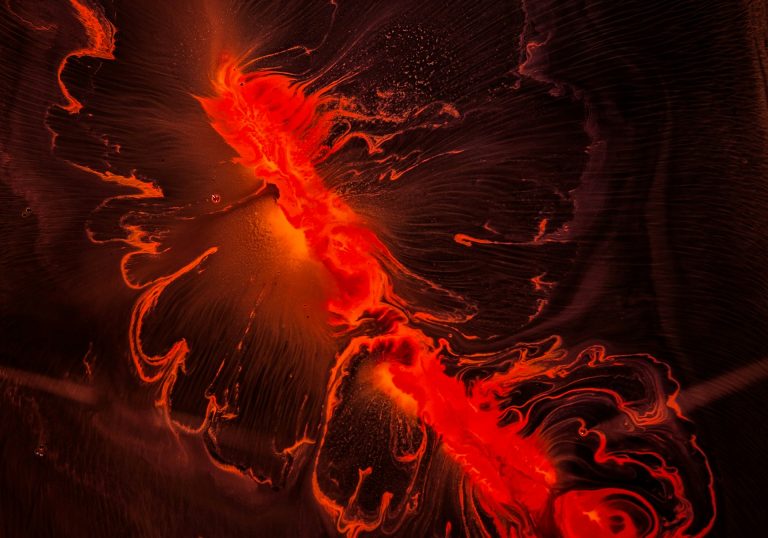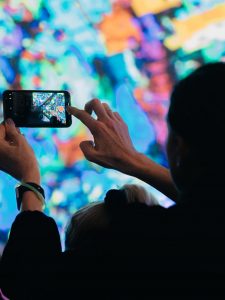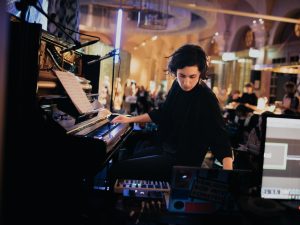Science often leads to unexpected results. As researchers explore new fields, they encounter unknown risks and must anticipate unintended consequences.
In addition to that, some scientists may need to work in dangerous fields, employing meticulous safety protocols and innovative technologies to manage these hazards. The legacy of Alfred Nobel, who revolutionized the use of nitroglycerin by inventing dynamite, exemplifies the balance between risks and innovation.
The 11th edition of Science Today will explore the theme of risks. Join us to hear two PhD students and a postdoc present their research and discuss the issues in a conversation led by Olof Somell from the Nobel Prize Museum. This time Science Today will take place at the Mannheimer Swartling Auditorium. The law firm Mannheimer Swartling is one of the museum’s main partners and offers full-service counsel in business law.
Science Today is a recurring afterwork kickstarting the brain and the weekend with the most exciting research of the day and some of Stockholm’s best DJs. Science Today invites PhD students and postdocs from Karolinska Institutet (KI), the Royal Institute of Technology (KTH) and Stockholm University (SU) to present their research.
Speakers
Tobias Granwald, Phd student, Karolinska Institutet
Subject: How expectations of not being able to avoid negative events, may result in helplessness and depression. Why would you not put in the effort to avoid a harmful situation? Answering this may give key insights into depression and individual differences that can inform more targeted treatments. A central issue in depression is the withdrawal from activities that once brought joy – the very same activities that would take you out of your depressive state. But making active choices hinges on your expectations of control. More specifically, do you believe your actions can change your situation, or do you believe that you are helpless?
Emmy Wassénius, postdoc at Stockholm Resilience Centre with a PhD in Sustainability Science from Stockholm University.
Subject: Sustainability risks. Wassénius investigates the mechanisms through which systemic and compounding risks are created or exacerbated. She researches how shocks and compound risks are shaped by the interaction between human practices and the environment. Wassénius specifically works with understanding how compound risks are created by and manifest in corporations and understanding the leverage points that investors can have in reducing these risks.
Jakob Nyberg, Phd student at the Division of Network and Systems Engineering, at KTH
Subject:
Knowledge representation and deep learning for automated cyber incident management. Nyberg is researching methods of automating computer network security management using deep machine learning. This involves collecting and processing data from computer networks and optimizing models to suggest, and perhaps even perform, appropriate actions for operators. The hope is to facilitate faster responses to incidents like ransomware attacks that can spread quickly within enterprise networks.
Programme
17:00-18:00 Mingle and music by DJ Klara Nov
18:00-19:00 Conversation on stage and presentations
19:00-20:00 Mingle and music by DJ Klara Nov
Tickets
Book your tickets here. To buy a member ticket, a valid membership is required. Please show your membership card in the entrance. Purchased tickets are non-refundable.
Photo policy
In order to be able to share all the fun things that happen at the museum, we take photos, film and live broadcast many of our events. The material can be used in the Nobel Prize Museum’s communication channels, marketing and social media. If an event is organised in collaboration with another actor, the material can be used in their communication. Please contact us if you have any questions about this.



